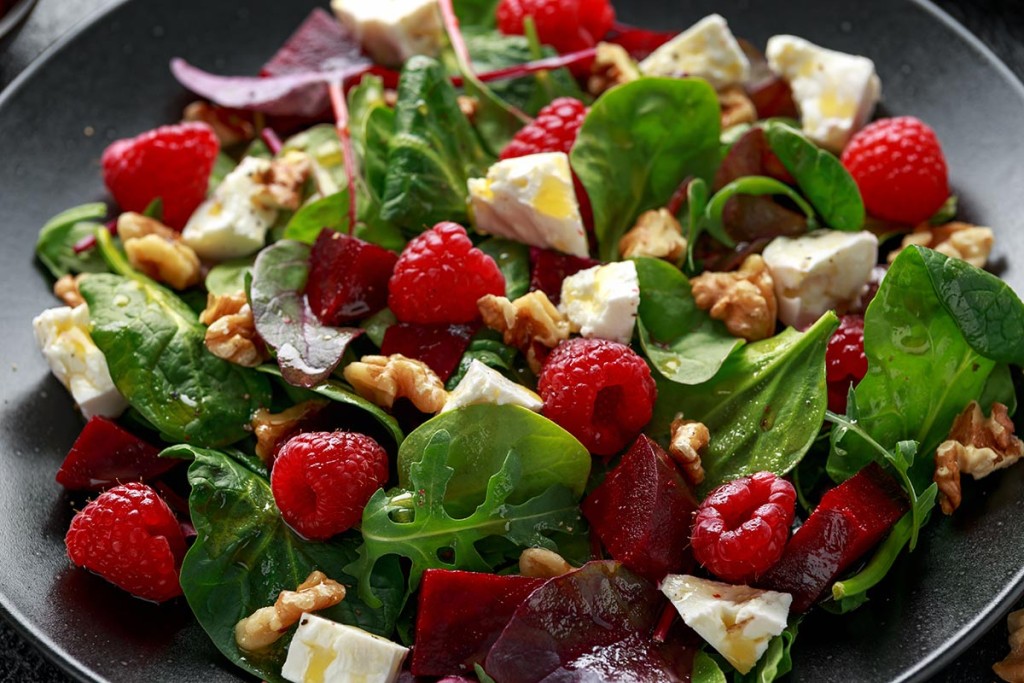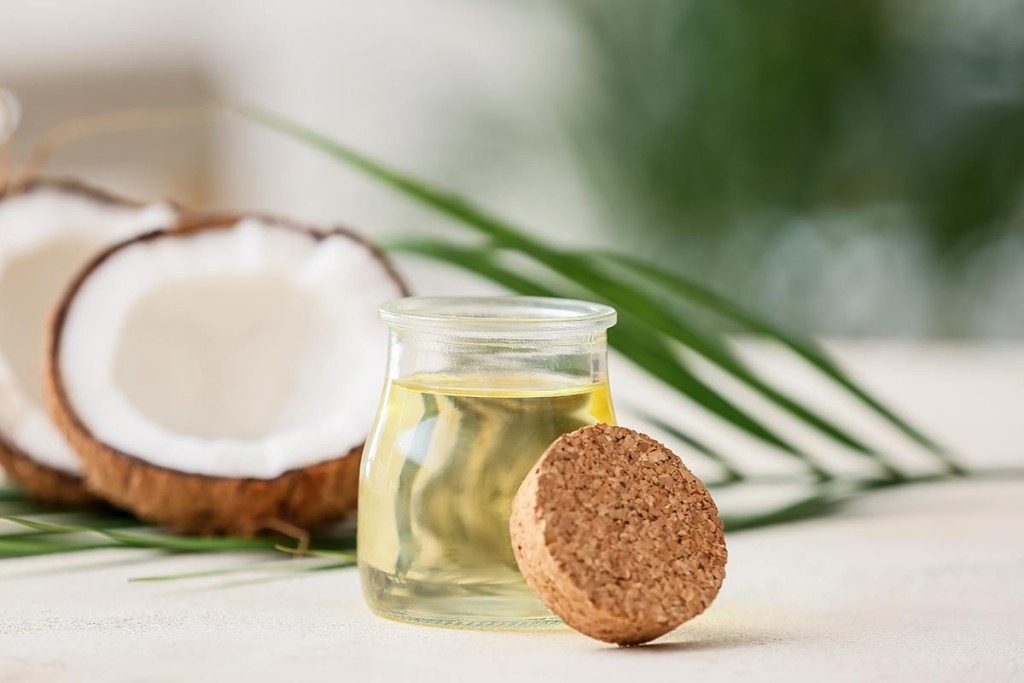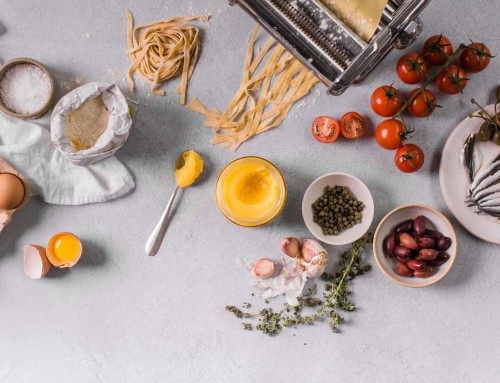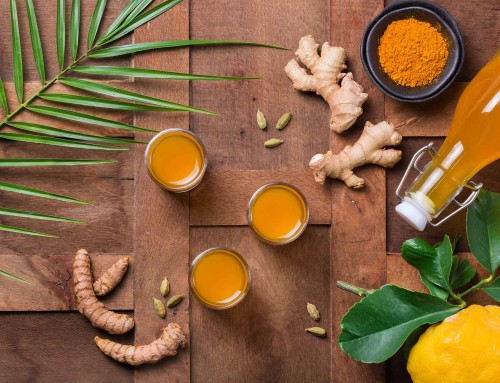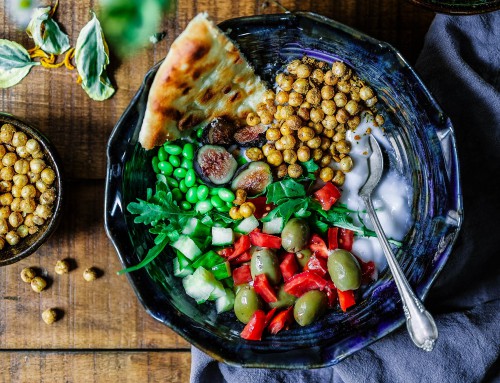Registered Nutritionist & Ayurveda Consultant
As the sun shines brightly and warm summer breezes beckon, it’s the perfect time to enjoy the outdoors, having delightful picnics, or going to the beach. Summer is the time to spend in the great outdoors. In Ayurveda, the principles of balance and harmony extend to all aspects of life, including food and activities. By incorporating Ayurvedic wisdom into your summer food and activities, you can enhance your well-being while relishing the joys of nature. Let’s explore some Ayurvedic rules that will help you create a memorable and nourishing summer experience.
Embrace Cooling Foods
During the hot summer months, it’s essential to consume foods that help balance the heat within the body. Ayurveda recommends favouring cooling foods such as fresh fruits, salads, cucumber, watermelon, coconut water, and mint-based drinks. These items not only keep you hydrated but also offer a refreshing and soothing effect.
Mindful Food Combinations
Ayurveda emphasises the importance of healthy food combinations to prevent the build up of ama or undigested food. To support healthy digestion and prevent any discomfort, try to avoid mixing incompatible food groups, such as fruits with dairy or protein-rich foods with heavy carbohydrates. Opt for light and easily digestible meals that include a variety of colourful vegetables, whole grains, and plant-based proteins. Avoid heavy and oily foods that may lead to sluggishness and discomfort. Chew your food thoroughly and savour each bite to aid digestion.
Prepare Pitta-Pacifying Dishes
In Ayurveda, each individual possesses a unique constitution or dosha, with three main types—Vata, Pitta, and Kapha. Summer is associated with Pitta dosha, characterised by qualities of heat and intensity. To balance Pitta, choose dishes with sweet, bitter, and astringent tastes. Incorporate herbs and spices such as fresh coriander, fennel, and cardamom, all known for their cooling properties. Additionally, opt for fresh, seasonal, and light foods that are easy to digest. Include plenty of fruits, vegetables, salads, and whole grains in your meals.
Stay Hydrated with Ayurvedic Herbal Infusions
Maintaining hydration is crucial, especially when outdoors in warm weather. Carry a water bottle with you and sip water regularly throughout the day. Additionally, you can infuse water with refreshing herbs like mint, cucumber, or lime to add flavour and a cooling effect. Additionally, prepare refreshing beverages using herbs like rose, hibiscus, or chamomile. These herbs not only provide a cooling effect but also offer various health benefits and aid in digestion. Avoid excessive consumption of sugary drinks or caffeine, as they can dehydrate the body.
Mindful Eating Practices
Picnics are often a time to indulge in leisurely meals, surrounded by nature’s beauty. Ayurveda encourages practicing mindful eating to enhance digestion and assimilation of nutrients. Take a moment to appreciate the colours, textures, and flavours of your food. Chew slowly and thoroughly to support optimal digestion. Avoid overeating and allow yourself time to relax and savour the experience.
Protect Your Skin
When spending time outdoors, protecting your skin from excessive sun exposure is essential. Ayurveda recommends applying natural sunscreen with ingredients like aloe vera, coconut oil, or sandalwood. Additionally, consider wearing a hat, sunglasses, and light, breathable clothing to shield your body from direct sunlight. Be sure to avoid applying anything with added citrus oils, which can aggravate pitta and damage the skin when exposed to the sun.
Practice Pranayama and Transcendental Meditation
Traveling, picnics, and beach outings can sometimes be overwhelming or create a sense of disruption within routines. To maintain balance and promote inner calmness, consider incorporating Pranayama (breathing exercises) and transcendental meditation into your daily routine. These practices can help reduce stress, enhance focus, and provide a sense of grounding and tranquility.
Maintain a Regular Routine
Even when travelling, attempt to establish a consistent daily routine, known as Dinacharya, which is highly beneficial for balancing Pitta and the Vata dosha. Wake up and go to bed at regular times to ensure adequate rest. Plan your meals at consistent intervals to support proper digestion. Incorporate time for relaxation, meditation, and self-care activities into your daily schedule to reduce stress and promote overall well-being.
When travelling, here are three of my top Maharishi Ayurveda products that I would recommend:
Triphala Rose consists of three fruits: Amalaki, Bibhitaki, and Haritaki along with the addition of cabbage rose to enhance the benefits of the traditional triphala. It generally aids in the relief of constipation and helps with regulating healthy bowel movements.
Another must have for your kitchen. Pitta churna is a quick and convenient way to add more flavour to your meals whilst incorporating all six tastes. This unique blend of spices ensures that the flavour is cooling for Pitta.
The warm nights, especially when coupled with excess pitta in the body can make it hard to get through a good night’s sleep. Blissful sleep can help with falling asleep quickly as well as being able to sleep through the night.
Amrit Kalash is a powerful Maharishi Ayurveda Rasayana (rejuvenative) supplement that helps strengthen the immune system, enhance vitality, and promote overall well-being. Amrit Kalash is available in both paste and tablet forms.
By incorporating Ayurvedic principles into your summer routine, you can transform it into a nourishing and rejuvenating experience for both body and mind. Embracing cooling foods, mindful eating practices, and the beauty of nature helps maintain balance and promotes overall well-being. So, pack your picnic basket with love, gratitude, and Ayurvedic wisdom, and savour the blissful moments of summer.
As a parting note, Maharishi Ayurveda is a holistic system, and these recommendations are best integrated as part of a comprehensive approach to balance the Pitta dosha. It is always recommended to consult with an Ayurvedic practitioner for personalised guidance based on your unique constitution and specific health needs.

